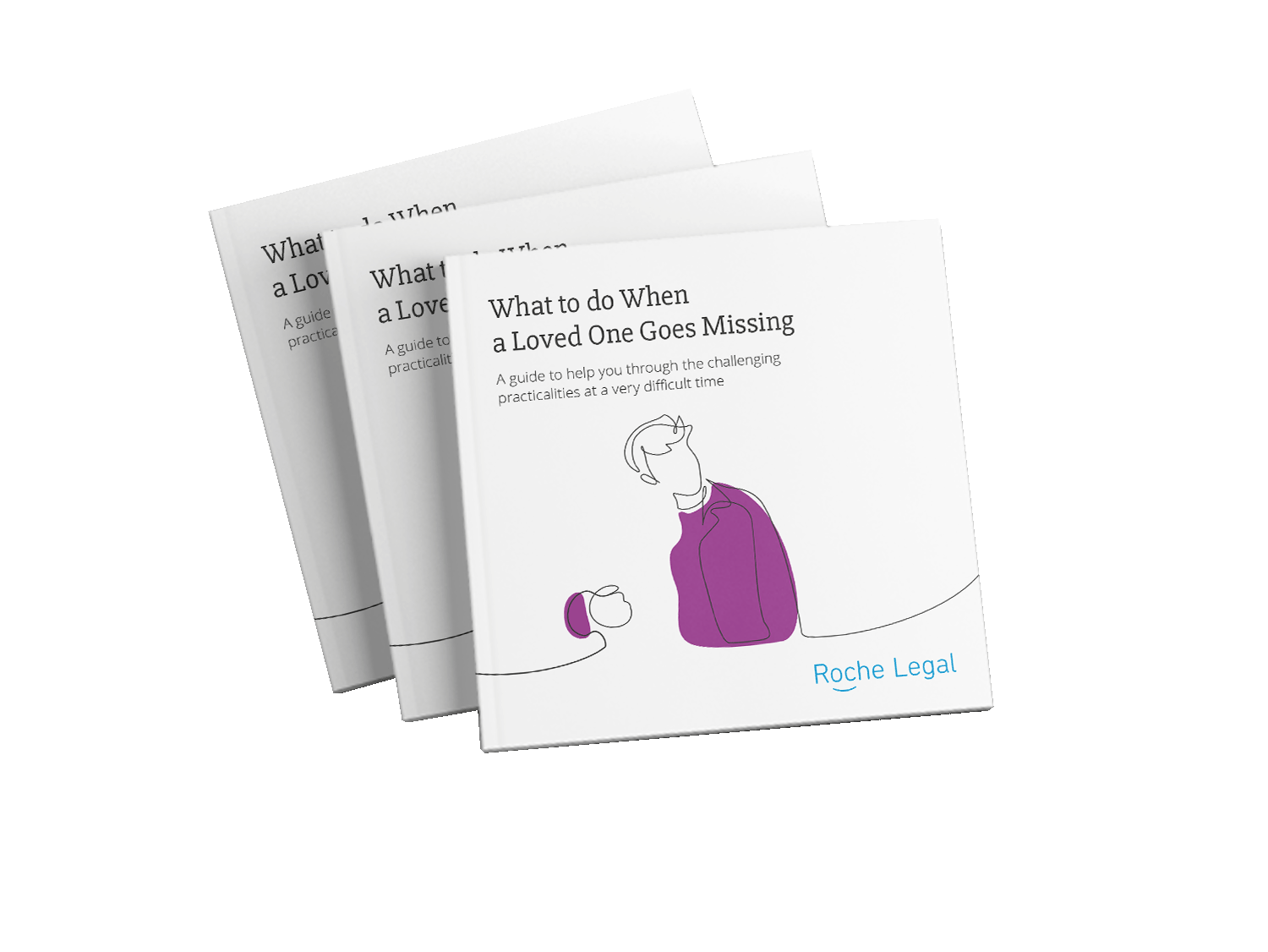If a loved one has been missing for a long time, applying for a declaration of presumed death might feel like the right thing to do.
There are no prescribed rules about when a family should do this, and only you and your loved ones can truly know when you’re ready to take this step. It’s a very personal decision and, though specialist solicitors will be able to advise you, no one should make you feel like they’re pressuring you to apply.
If you believe that your loved one has died, applying for a declaration of presumed death might help you to be able to get some kind of closure. A declaration of presumed death can also be beneficial from a practical standpoint, as it will allow you to wind up the missing person’s estate and claim any relevant life insurance premiums. The declaration will also automatically end the missing person’s marriage or civil partnership, which would allow their spouse to move on from a legal perspective.
You can make the choice to apply for a declaration of presumed death if either:
- Your loved one has been missing for more than seven years with no evidence of them being alive during this time.
- Your loved one has been missing for less than seven years but there is strong evidence to suggest they have died.

Download our handy guide
Everything you need to know about the legal steps you can take when a Loved One Goes Missing
How do you apply for a declaration of presumed death?
It is possible to apply for a declaration of presumed death independently, but it’s often much easier to manage the process with the support of a solicitor who specialises in missing persons law.
There is quite a lot of paperwork to complete in order to lodge an application, and you will usually need to go to court. As part of the process, you will also need to collect evidence to show why you believe the missing person is no longer alive.
The kind of evidence you will need to supply will vary slightly depending on whether you are applying before or after seven years.
Gathering evidence before seven years
If you wish to apply for a declaration of presumed death on behalf of someone who has been missing for less than seven years, you will need to be able to provide strong evidence to show the likelihood that the missing person has died.
In these situations, the evidence you would need to gather would be things like:
- Witness statements to confirm that the person has been lost at sea.
- Witness statements placing the missing person in the vicinity of a natural disaster.
- Proof that the missing person’s belongings were found near a cliff edge, on a mountain or near a body of water.
- A suicide note left by the person before they went missing.
If you’re not sure whether the kind of evidence you are able to provide will be strong enough, a solicitor with experience in missing persons law will be able to advise you.
Gathering evidence after seven years
In many cases, there may not be any specific evidence that the missing person has died. In these situations, the family of the missing person would only be able to apply for a declaration of presumed death once the missing person had been gone for more than seven years.
After this point, if they wished to apply, they would need to provide evidence that there has been no sign of life from the missing person during this seven-year period.
This would need to include proof that during this time:
- There has been no known contact from the missing person.
- There have been no verified sightings.
- There is no electronic evidence of the person accessing their bank accounts.
- They have not made any payments on debit or credit cards.
- There has been no activity on their social media accounts.
- There is no evidence of them using their mobile phone.
What are the next steps?
Once you have gathered all the necessary evidence, these would need to be put together as part of your application. Your application will need to include a witness statement from the person applying, which has to be written in quite a specific way. If you’re working with a solicitor, they’ll have experience of how to do this and will be able to help you ensure all necessary information is included.
Once your application is complete, it will need to be submitted to the court to begin the next stage of the application process.
How Roche Legal can help
We are reassuring experts who can help you with a wide range of legal matters. Please get in touch if you need legal support with:
- Trusts and Estate Planning
- Wills
- Probate and Estate Administration
- Contested Probate and Will Disputes
- Powers of Attorney
- Court of Protection matters
- Presumption of Death Applications
- Missing Persons Guardianship Applications
Need further help?
We understand just how important it is to get the help and support you need quickly.


